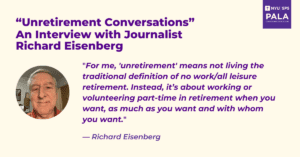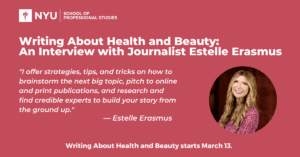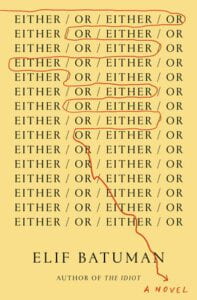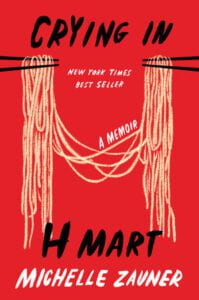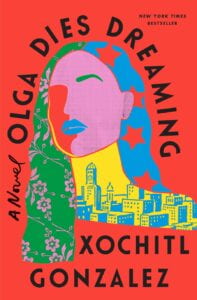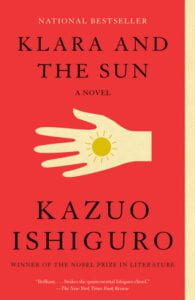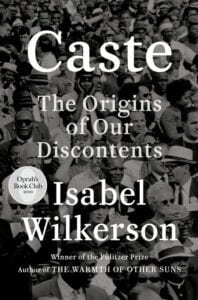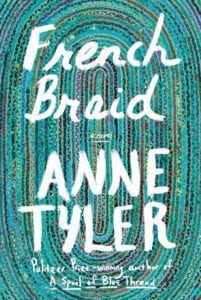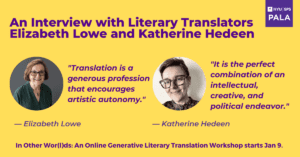If you have recently transitioned to retirement, you might be thinking—what next? This universal stage of life can be difficult to navigate, but Richard Eisenberg argues for a different outlook: “Unretirement.” Instead of endless free time and leisure, this approach encourages finding a meaningful purpose in retirement, and to create a plan that lends itself to a structured life. This could mean finding part-time work, volunteering, mentoring, travel, or time with family and friends. Our upcoming masterclass, “Unretirement” Conversations and Toolkit: A Masterclass With Richard Eisenberg, will explore how to harness the freedom that comes with retirement to create a fulfilling “Unretirement.”
Read on below for our Q&A with Richard Eisenberg about what you can expect from his masterclass.
What can students expect from the “Unretirement Conversations” master class?
RE: Students can expect to learn how retirement is being redefined these days as “unretirement,” sometimes called “semi-retirement.” The class will offer advice and insights on preparing for unretirement, dealing with the challenges of unretirement and reveling in the joys of unretirement. I’ll talk about my unretirement experience in the first year after leaving my full-time job as the Managing Editor of the PBS website for people 50+, Next Avenue, and will interview guests who are experts on retirement or have found their own path to unretirement.
How do you define “unretirement?”
RE: For me, “unretirement” means not living the traditional definition of no work/all leisure retirement. Instead, it’s about working or volunteering part-time in retirement when you want, as much as you want and with whom you want. Unretirement lets you use the rest of your newfound free time doing things such as: mentoring, catching up with friends and family, traveling, taking classes, pursuing passions and trying new things (giving yourself permission to fail).
How can this class help those in a career transition period in their life?
RE: This class will advise people who are either getting close to ending full-time work or who already have and help them succeed in the new, sometimes tricky, transition of unretirement. It will discuss the psychological aspects of unretirement (“Who am I now?), the financial aspects (“Can I afford to unretire? When?”) and what employers and policymakers could do to make unretirement more possible and more promising. Readings will include “Unretirement” by Chris Farrell, “Independence Day” by Steve Lopez, “Win the Retirement Game” by Joe Casey, “Roar” by Michael Clinton, “Retirement Stepping Stones” by Tony Hixon and “Retirement and Its Discontents” by Michelle Pannor Silver; my hope is to interview some of those authors during our classes so students can hear from them directly.
What initial advice do you give people forging their way in unretirement?
RE: My initial advice for unretiring is to think seriously before you retire about what you want to retire “to,” because one key to a successful unretirement is finding meaning and purpose, sometimes known by the Japanese word: “ikigai.” Many people fail to take this step and then find themselves thrust into retirement without considering how they’ll spend their time. Often, unretirement may last 20 to 30 years, so preparing for it — and then changing course when necessary — is vitally important.
Why were you inspired to teach this class?
RE: I was inspired to teach this class because during my decades writing, editing and podcasting about retirement, personal finances, aging and older workers for media outlets from Money to Next Avenue, I have often heard about the problems some people encounter transitioning to retirement. Over the past year, I’ve been wrestling with life in unretirement myself, mostly feeling quite happy about how things have gone, including having the opportunity to be the Digital Media Strategies Director for the NYU Summer Publishing Institute in 2022 and 2023. I thought this class could help students avoid, or deal with, unretirement challenges so they, too, will find fulfillment in this new stage of life.
Sign up for “Unretirement” Conversations and Toolkit: A Masterclass With Richard Eisenberg, which starts on July 5th.
Visit the Academy of Lifelong Learning website to explore all upcoming course offerings in the humanities and global affairs as well as participate in events and clubs.
